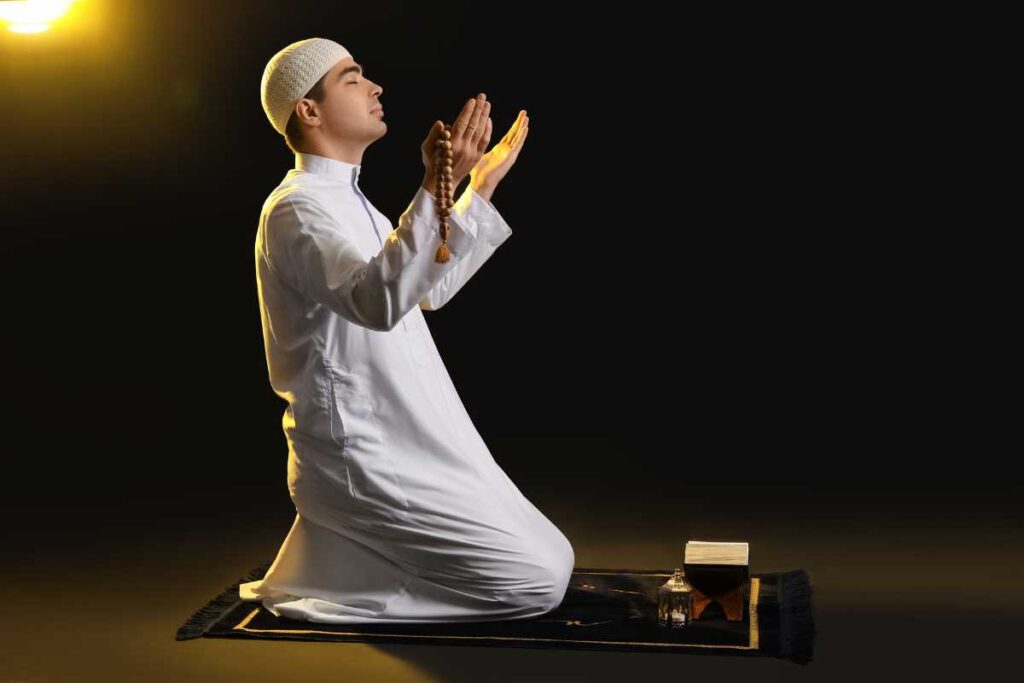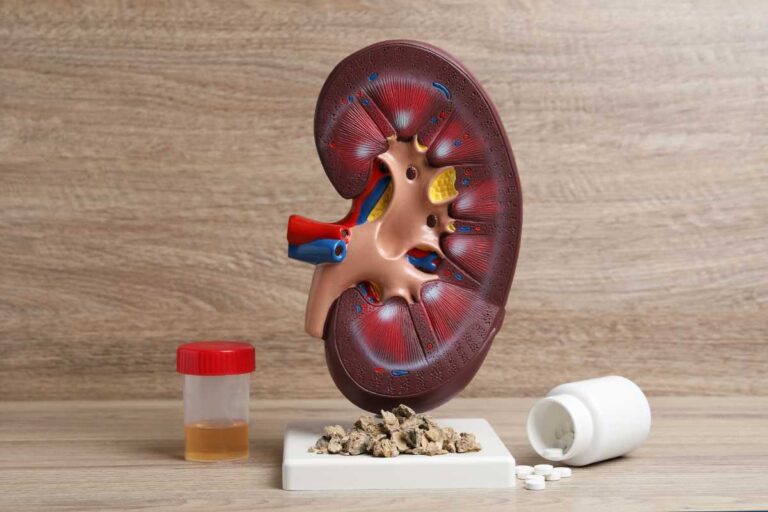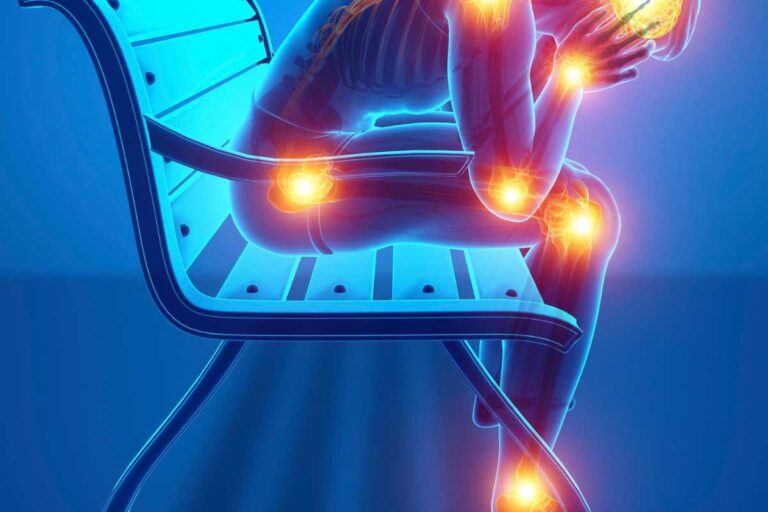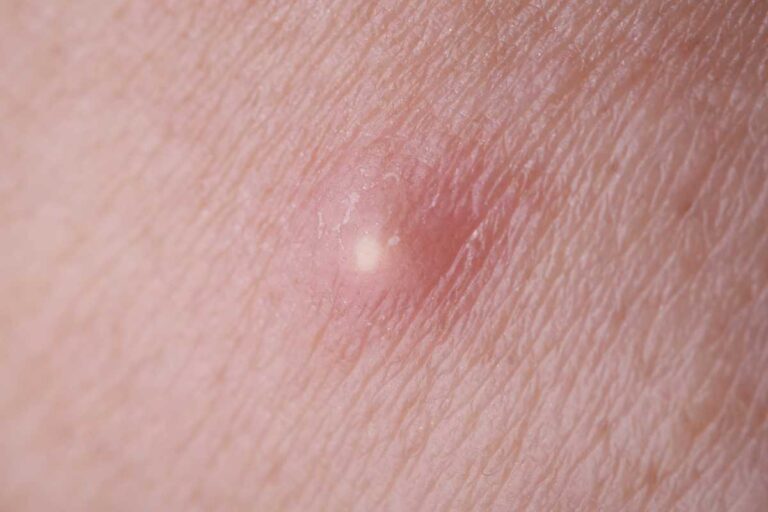What Dua is Used to Cure All Diseases? Powerful Healing Duas
What Dua is Used to Cure All Diseases? Powerful Healing Duas

Dua, an essential aspect of the Islamic faith, holds immense significance as a means of communication between Muslims and Allah. It is believed that through dua, one can seek healing and cure from all diseases.
This act of supplication not only demonstrates reliance on Allah’s mercy but also serves as a way to seek His guidance during times of illness. Muslims turn to dua with unwavering faith, understanding the power it holds in bringing about healing and relief. The Quranic verse “And when I am ill, it is He who cures me” (Quran 26:80) reinforces the belief that Allah is the ultimate healer.
“Explore our latest articles on Prophetic Medicine to discover simple, natural remedies that can improve your health. Check them out now and start feeling better!“
Understanding the Power of Dua for Healing
Dua, or supplication, holds immense power in seeking healing, both physically and spiritually. It serves as a means for individuals to express their deepest desires for recovery and well-being. By engaging in sincere supplication, believers tap into the divine mercy and seek relief from ailments.
Dua: A Powerful Tool for Seeking Healing
Dua is not merely a ritualistic act; it is a heartfelt conversation with the Almighty, where one can pour out their worries, pains, and hopes for healing. Through dua, individuals acknowledge their dependence on a higher power and seek solace in His infinite wisdom. It is an opportunity to connect with Allah and find comfort amidst afflictions.
Expressing Desires for Recovery and Well-being
When faced with illnesses or diseases, Muslims turn to dua as a means of seeking relief. They express their desires for complete recovery and overall well-being through heartfelt prayers. This act of supplication allows individuals to articulate their pain and suffering while also expressing gratitude for any blessings they have received.
Tapping into Divine Mercy
Muslims believe that Allah is the ultimate healer who possesses the power to cure all diseases. Through sincere dua, believers tap into His boundless mercy and seek His intervention in alleviating their suffering. They place their trust in Him and understand that He has the ability to grant healing according to His wisdom.
Seeking Relief from Ailments
Dua provides solace during times of illness by offering hope and comfort. It allows individuals to surrender themselves completely to Allah’s will while simultaneously seeking relief from physical ailments. Muslims believe that through consistent supplication, they can find strength in facing adversity and ultimately experience healing.
The Role of Faith in Dua
Faith plays a crucial role when engaging in dua for healing purposes. Believers firmly believe that Allah listens attentively to their prayers and responds accordingly. This unwavering faith gives them the confidence to persistently supplicate for recovery, knowing that Allah’s mercy is boundless.
The Importance of Sincere Supplication
Sincerity is a key aspect of dua for healing. It involves wholeheartedly turning to Allah and seeking His assistance with complete trust and devotion. Muslims are encouraged to engage in dua sincerely, free from any doubt or wavering belief, as it strengthens their connection with the Almighty and increases the likelihood of receiving His blessings.
Specific Duas for Seeking Cure from Diseases
Islam offers specific duas that can be recited to seek a cure from various diseases. These supplications, whether mentioned in the Quran or taught by Prophet Muhammad (PBUH), provide comfort, hope, and a sense of connection with Allah during times of illness.
Supplications from the Quran
The Quran is considered the ultimate source of guidance for Muslims. It contains numerous verses that can be recited as duas to seek healing and cure from diseases. Some of these include:
- Surah Al-Fatiha: This is the opening chapter of the Quran and holds great significance in Islamic prayers. Reciting this surah with sincerity and belief in Allah’s power can bring relief and healing.
- Ayat al-Kursi: Found in Surah Al-Baqarah (Chapter 2, Verse 255), Ayat al-Kursi is known as one of the most powerful verses in the Quran. It encompasses Allah’s attributes and seeking His protection through this verse is believed to bring blessings and healing.
- Surah Al-Shifa: Also known as Surah Ash-Sharh (Chapter 94), this surah emphasizes seeking solace in Allah during difficult times. Reciting it with faith can provide comfort and alleviate physical ailments.
Prophetic Supplications
In addition to the supplications mentioned in the Quran, Prophet Muhammad (PBUH) also taught specific duas for seeking a cure from diseases. These include:
- Dua for general well-being: “O Allah! Grant me health in my body, O Allah! Grant me good hearing, O Allah! Grant me good eyesight.” This dua highlights the importance of overall well-being and seeks protection from various ailments.
- Dua for fever: “O Lord of mankind! Remove this fever and heal him completely.” This dua acknowledges that illnesses like fever can be challenging and asks for complete healing from Allah.
- Dua for protection against leprosy: “O Allah! I seek refuge in You from leprosy, insanity, elephantiasis, and evil diseases.” This dua demonstrates the Prophet’s concern for protecting his followers from debilitating diseases.
The Power of Faith and Intention
While reciting specific duas is important, it is equally crucial to have faith in Allah’s power to cure and heal. Believing in the effectiveness of these supplications strengthens one’s connection with Allah and instills hope during times of illness.
It is essential to understand that seeking a cure through duas does not replace medical treatment or professional advice. Islam encourages Muslims to take necessary precautions and seek medical assistance when needed. Duas should be seen as a complementary aspect of healing, providing spiritual comfort alongside medical interventions.
Performing Dua with Sincerity and Effectiveness
Performing dua for curing diseases requires sincerity and effectiveness. It is not just about reciting words; it is about having faith and trust in Allah’s power to heal. When one prays sincerely, it reflects their deep belief in Allah’s ability to cure all ailments.
Sincerity Reflects Faith and Trust
Sincerity plays a crucial role in the effectiveness of dua for healing. When someone prays sincerely, they are expressing their complete reliance on Allah’s mercy and guidance. This sincerity stems from a strong faith that Allah has the power to cure all diseases.
In a hadith, Prophet Muhammad (pbuh) said, “Allah does not accept any prayer without sincerity.” This emphasizes the importance of being genuine and wholehearted when making dua for healing. It is essential to approach dua with pure intentions, seeking only Allah’s help and relying solely on His mercy.
Focusing on Meaning Rather Than Mere Repetition
Effective dua involves focusing on the meaning behind the words rather than mindlessly repeating them. Understanding the significance of each word enhances the connection between the supplicant and Allah. It allows for a deeper level of concentration during prayer.
When reciting duas from the Quran or other authentic sources, take time to understand their meanings. Reflect upon each word and its implications. By doing so, you can connect with your Creator on a more profound level, strengthening your dua for healing.
Combining Sincerity, Concentration, and Belief
To enhance the effectiveness of dua for curing diseases, it is important to combine sincerity, concentration, and belief. These three elements work together harmoniously to create a powerful supplication that reaches the heavens.
- Sincerity: Approach dua with utmost sincerity by purifying your intentions solely for seeking Allah’s help.
- Concentration: Focus your mind during prayer by eliminating distractions and immersing yourself in the presence of Allah.
- Belief: Have unwavering faith in Allah’s power to heal. Trust that He is the ultimate source of all healing.
By combining these three elements, you create an atmosphere conducive to a successful dua. It allows you to connect with Allah on a deeper level, increasing the likelihood of your supplication being answered.
Duas for Protection and Well-being
Apart from seeking a cure for diseases, Islam offers specific duas aimed at protection from illnesses or harm. These prayers serve as a shield against physical ailments or any potential dangers, ensuring overall well-being. Regular recitation of these protective duas is highly recommended to seek guidance and safeguard oneself and loved ones.
Seeking Protection through Duas
In times of distress or anxiety, Muslims turn to Allah for help and protection. The power of dua lies in its ability to connect with the Almighty and seek His divine intervention. Here are some powerful duas that can be recited for protection:
- Dua for General Protection: “Allahumma inni a’udhu bika min sharri kulli da’abba wa min sharri haasidin idha hasad” (O Allah, I seek refuge in You from the evil of every creature and from the evil eye when envied). This dua seeks protection from all forms of harm that may come from people or creatures.
- Dua for Seeking Guidance: “Rabbana la tuzigh quloobana ba’da idh hadaytana wa hab lana milladunka rahmah innaka antal wahhab” (Our Lord, let not our hearts deviate after You have guided us and grant us mercy from Yourself. Indeed, You are the Bestower). This dua asks for guidance and protection against straying away from the right path.
- Dua for Protection of Family: “Rabbana hablana min azwajina wa dhuriyyatina qurrata a’yunin waj’alna lil muttaqeena imama” (Our Lord, grant us from among our wives and offspring comfort to our eyes and make us an example for the righteous). This dua seeks Allah’s protection over one’s family and prays for their well-being.
- Dua for Protection from Evil Eye: “A’udhu bi kalimatillahit tammati min sharri ma khalaq” (I seek refuge in the perfect words of Allah from the evil of what He has created). This dua is recited to seek protection from the harmful effects of the evil eye.
- Dua for Protection against All Diseases: “Allahumma inni a’udhu bika minal barasi, wal jununi, wal juzami, wa min sayyi’il asqam” (O Allah, I seek refuge in You from leprosy, madness, elephantiasis, and all other major diseases). This powerful dua seeks protection from various diseases and illnesses.
The Importance of Reciting Protective Duas
Reciting protective duas regularly plays a significant role in maintaining overall well-being. These duas not only serve as a means of seeking protection but also strengthen one’s faith and reliance on Allah. They act as a reminder that ultimate power lies with Him and that seeking His guidance is essential in navigating through life’s challenges.
By reciting these duas with sincerity and belief in their efficacy, Muslims can find solace and reassurance during difficult times. These prayers provide comfort to the heart and mind, knowing that they are under the divine protection of Allah.
Seeking Mercy, Forgiveness, and Healing
Muslims understand the power of dua in seeking mercy, forgiveness, and healing. When making supplications to Allah, they often include pleas for these blessings alongside their prayers. This practice not only strengthens the spiritual aspect of dua but also brings holistic wellness to individuals.
Acknowledging one’s sins while asking for forgiveness is an integral part of dua. Muslims recognize that they are imperfect beings who make mistakes and fall into wrongdoing. By humbly admitting their faults and seeking Allah’s forgiveness, they strive to purify their souls and strengthen their connection with the Creator.
In addition to seeking forgiveness, Muslims also turn to Allah for mercy. They believe that Allah is the ultimate healer and has the power to alleviate physical ailments and emotional pain. By seeking His mercy alongside physical healing, individuals hope for a complete restoration of their well-being.
Dua serves as a refuge for Muslims in times of difficulty or illness. It provides solace and comfort by reminding them that they are not alone in their struggles. Through prayer, they find solace in knowing that Allah is always there, ready to listen and grant relief from suffering.
Furthermore, dua encompasses not only personal healing but also goodness for all mankind. Muslims pray not only for themselves but also for others who may be experiencing hardship or illness. This selflessness reflects the compassionate nature of Islam and encourages believers to extend their supplications beyond their own needs.
Muslims believe that evil exists in this world but have faith that through sincere dua, they can overcome its negative influence. They seek protection from illnesses and diseases by turning towards Allah as the ultimate healer. By placing their trust in Him, they find strength in facing life’s challenges head-on.
It is important to note that while duas play a significant role in seeking healing, it does not replace medical treatment or professional guidance. Muslims are encouraged to take necessary measures such as consulting doctors or healthcare professionals to address their physical ailments. Dua acts as a complementary practice, providing spiritual solace and hope during the healing process.
Overcoming Sickness: Duas for Recovery and Wellness
Seeking solace and strength through supplication is a common practice among believers. Duas for recovery focus on finding comfort, patience, and complete healing from physical or emotional pain. By placing trust in Allah’s plan, individuals can find hope and resilience during their journey towards wellness.
Seeking Strength and Patience
One of the key aspects of dua for recovery is seeking strength and patience to endure the challenges that come with illness. These supplications acknowledge the difficulties one may face while emphasizing the need for inner strength to overcome them. Believers often turn to prayers such as:
- “O Allah! Grant me strength in this difficult time.”
- “O Allah! Help me remain patient during my illness.”
These duas serve as reminders that even in times of sickness, one can find the courage to persevere.
Complete Healing from Illnesses
Another crucial aspect of dua for recovery is seeking complete healing from illnesses. Believers express their desire for a full restoration of health through heartfelt prayers. Some examples include:
- “O Allah! Cure me completely from this ailment.”
- “O Allah! Grant me a speedy recovery.”
These supplications demonstrate an individual’s faith in Allah’s ability to heal and restore them back to good health.
Finding Comfort in Faith
During times of illness, finding comfort in faith becomes essential. Supplications are not only a means to seek physical healing but also provide solace and peace amidst pain and suffering. Prayers like:
- “O Allah! Ease my pain and grant me tranquility.”
- “O Allah! Fill my heart with peace during this difficult time.”
By turning towards these duas, individuals find reassurance that they are not alone in their struggles.
Trusting in Allah’s Plan
A fundamental aspect of dua for recovery is trusting in Allah’s plan. Believers understand that everything happens for a reason and place their faith in the wisdom of Allah. They seek guidance and acceptance through prayers like:
- “O Allah! Grant me the wisdom to accept Your decree.”
- “O Allah! Help me find peace in Your plan for my recovery.”
By surrendering to Allah’s will, individuals find strength and hope, knowing that their journey towards wellness is part of a greater purpose.
These supplications focus on seeking strength, patience, complete healing, and comfort in faith. By placing trust in Allah’s plan, believers can navigate through their illness with resilience and hope.
Harnessing the Power of Dua in Curing All Diseases
In this comprehensive blog post, we explored the immense power of dua in seeking cure and healing from various diseases. Understanding the significance of dua for healing, we delved into specific prayers that can be recited to seek relief from ailments. By performing dua with sincerity and effectiveness, individuals can tap into the spiritual energy that aids in their well-being and protection.
Moreover, we discussed how seeking mercy, forgiveness, and healing through dua can have a profound impact on one’s physical and mental health. Overcoming sickness requires resilience and faith, which can be strengthened by reciting appropriate duas for recovery and wellness. By harnessing the power of dua, individuals are not only seeking divine intervention but also actively participating in their own healing process.
To further enhance your understanding of this topic and explore additional ways to incorporate dua into your life for improved health outcomes, continue reading our upcoming sections. We encourage you to embrace a detail-oriented approach as you discover more about the transformative potential of dua in curing all diseases.
FAQs
Can dua alone cure all diseases?
Dua is a powerful tool that can bring solace, hope, and healing. While it is believed to have miraculous effects on physical well-being, it is essential to remember that medical treatment should never be neglected or replaced solely by prayer. Dua complements medical interventions by providing spiritual support during times of illness.
Are there specific times or places where dua is more effective?
While there are no specific times or places where dua becomes inherently more effective, certain moments hold special significance for Muslims when making supplications. These include the last third part of the night (Tahajjud), Fridays (Jumu’ah), after obligatory prayers (Sunnah), and during Ramadan.
Can anyone perform these duas?
Yes! Duas are open to everyone regardless of their religious background or language proficiency. It is the sincerity and intention behind the supplication that matters most. Feel free to recite these duas in your preferred language and adapt them to your personal circumstances.
How long does it take for dua to show its effects?
The effects of dua are subjective and can vary from person to person. Some may experience immediate relief, while others might witness gradual improvements over time. It is crucial to maintain patience, trust in Allah’s plan, and continue making sincere supplications.
Can dua be performed on behalf of someone else?
Absolutely! Muslims often make dua not only for themselves but also for their loved ones, friends, or anyone in need of healing. Praying for others reflects a selfless act of compassion and solidarity in times of illness or distress.
These FAQs aim to address common queries related to the power of dua in curing diseases. If you have further questions or seek more information on this topic, please feel free to reach out through our contact page.







